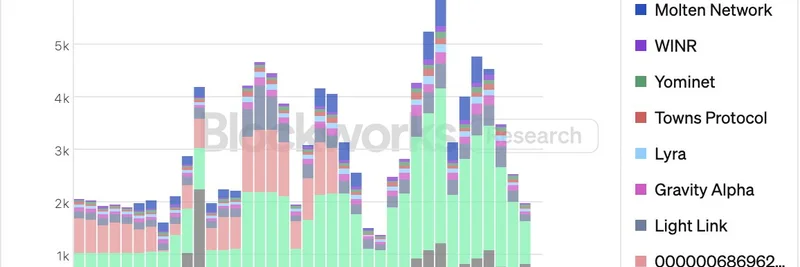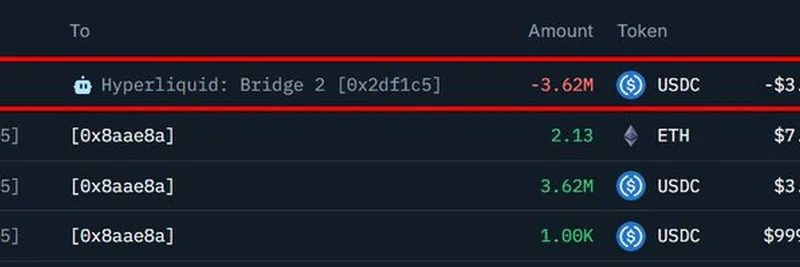Hey there! If you’ve been scrolling through X lately, you might have stumbled across a thought-provoking post from toly 🇺🇸 (@aeyakovenko) on June 25, 2025. This post shares a retweet from NeerajKA, highlighting insights from Katie Haun, a former federal prosecutor turned venture capitalist. She’s making waves by suggesting we rethink the Bank Secrecy Act (BSA)—a law that’s been around since 1970, requiring banks to report cash transactions over $10,000 to fight money laundering. Let’s dive into what this means and why it’s sparking conversation!
What’s the Bank Secrecy Act All About?
The BSA might sound like a secret agent’s handbook, but it’s really just a set of rules for banks. Enacted to stop illegal money movements—like those tied to drug trafficking or terrorism—it mandates that financial institutions keep records and report big cash transactions. Think of it as a watchdog keeping an eye on suspicious activity. However, parts of it, like sections 31 U.S.C. 5327 and 5328, have been repealed recently, hinting that the law might be due for a makeover in today’s digital age.
Katie Haun’s Take: Time for a Rethink?
Katie Haun isn’t just any commentator—she’s got creds. As a former federal prosecutor, she tackled money laundering cases firsthand, and now, as CEO of Haun Ventures, she’s deep into the world of tech and finance innovation. In the retweeted discussion, she argues that the BSA’s broad approach to financial surveillance might be outdated. Her point? Indiscriminate monitoring could be overkill, especially when modern tools and regulations could target risks more precisely.
This idea isn’t out of left field. A 2021 study in the Journal of Financial Crime found that 70% of suspicious activity reports (SARs) generated under the BSA don’t lead to actionable leads. That’s a lot of effort for little payoff! Haun’s perspective suggests we balance privacy with security, especially as digital finance—like stablecoins—grows. Stablecoins are digital currencies pegged to traditional money (like the dollar), and they’re a hot topic, with a recent U.S.-UK Financial Regulatory Working Group meeting on June 3, 2025, pushing for clearer rules.
Why Does This Matter in 2025?
Today’s banking world is a far cry from the 1970s. With online transactions, cryptocurrencies, and global money flows, the BSA’s one-size-fits-all approach might be tripping over itself. Haun’s insights tie into a broader debate sparked by a 2023 report from Judiciary Republicans, which flagged extensive financial surveillance by U.S. law enforcement. This has people asking: Are we sacrificing too much privacy for security?
For instance, banks often limit services to money transfer companies or nonprofits sending aid to high-risk countries, as noted in a GAO report. They’re playing it safe to comply with BSA rules, but this can block humanitarian aid during conflicts or disasters. Haun’s call to rethink the law could open doors to smarter regulations that protect against crime without choking legitimate financial activity.
What’s Next?
Haun’s background—prosecuting financial crimes and testifying on tech-regulation overlaps—gives her a unique lens. Her push for reform could influence how lawmakers tweak the BSA, especially with bipartisan moves toward stablecoin frameworks, as she’s highlighted on her site. It’s a fascinating moment where old-school banking laws meet cutting-edge innovation. What do you think—should we overhaul the BSA or keep it as is? Drop your thoughts below!



